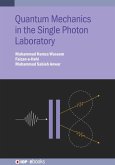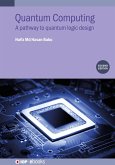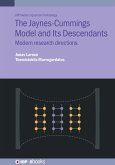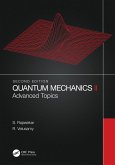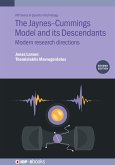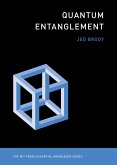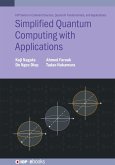Emerging from a series of experiments designed by the authors, this book provides an overview of fundamental experiments that can be used as a first-time introduction to practically demonstrate the underlying principles of quantum information science. This new edition features additional experiments related to quantum entanglement and non-local quantum erasure and has restructured previous descriptions. Data processing in an open-source language is described. The appendix on programming FGPAs is considerably enhanced.
Designed with multiple readerships in mind, this book is valuable for the laboratory developer or the Professor who would like to recreate a similar suite of experiments for students. The early career researcher or entrant to the area of practical quantum computing will also find this book useful as a collection of new ideas and tools that can accelerate the route to adeptness. Would the quantum software industry be interested in building a small laboratory infrastructure to upskill their workforce in the quantum enterprise? The single photon route is one way to go! Furthermore, the book also connects with interpretations of the experimental data and links these results back to the very foundations of quantum mechanics. The authors have created a self-contained resource that keeps experimental demonstrations of quantum mechanics, quantum information and the nature of quantum reality centre-stage and weaves the necessary mathematics and underlying theory when and where it is needed.
Designed with multiple readerships in mind, this book is valuable for the laboratory developer or the Professor who would like to recreate a similar suite of experiments for students. The early career researcher or entrant to the area of practical quantum computing will also find this book useful as a collection of new ideas and tools that can accelerate the route to adeptness. Would the quantum software industry be interested in building a small laboratory infrastructure to upskill their workforce in the quantum enterprise? The single photon route is one way to go! Furthermore, the book also connects with interpretations of the experimental data and links these results back to the very foundations of quantum mechanics. The authors have created a self-contained resource that keeps experimental demonstrations of quantum mechanics, quantum information and the nature of quantum reality centre-stage and weaves the necessary mathematics and underlying theory when and where it is needed.
Dieser Download kann aus rechtlichen Gründen nur mit Rechnungsadresse in A, D ausgeliefert werden.



